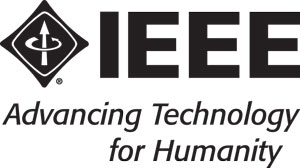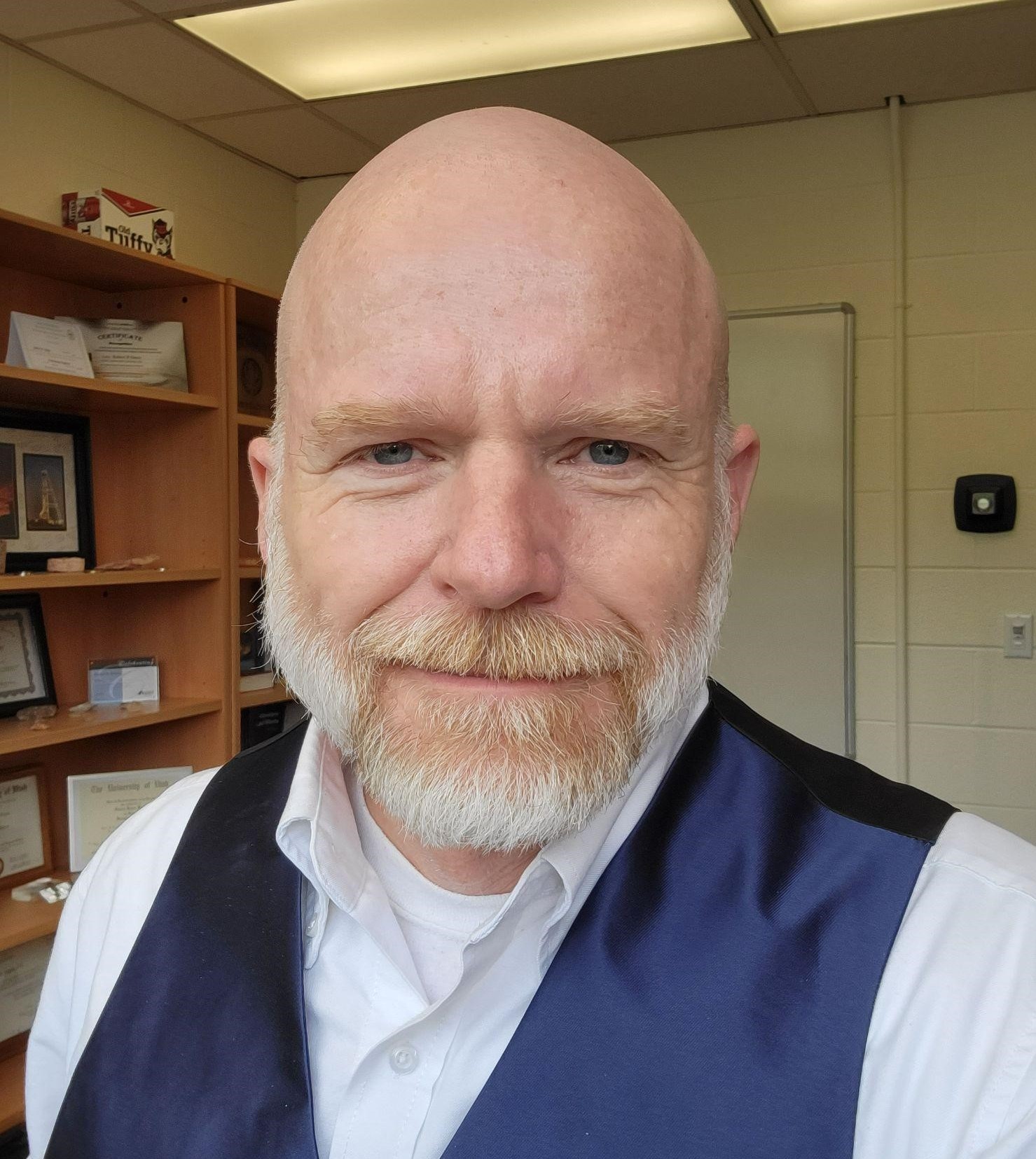IEEE Nuclear Presentation Series - Technical Review on Common Myths About Nuclear Energy

IEEE Presentation Series on Nuclear Energy
The IEEE Vancouver Section and the IEEE Future Directions Committee are organizing a series of presentations to address the widespread interest in clean energy sources, new nuclear reactor technologies, and the various related issues. This series of talks will cover aspects of nuclear energy and the disruptive new technology of Small Modular Reactors. These presentations will be of interest both to engineers who are not nuclear specialists, and to the general public who are interested in learning about the technology.
| TOPIC: |
Technical Review on Common Myths About Nuclear Energy |
| DATE: | July 16, 2025 |
| LOCATION: | Online |
| PRESENTER: | Dr. Robert Hayes |
Dr. Robert Hayes will discuss common myths surrounding nuclear energy, and the various claims that appeal to fears of extreme radiological risk.
This presentation is free. IEEE members and the general public are welcome to attend. Registration is required.
This presentation series is organized by:
- IEEE Future Directions Committee, IEEE Sustech Initiative
- IEEE Vancouver Section (Joint Applied Physics Chapter)
This presentation series is supported by:
- IEEE NPSS - IEEE Nuclear and Plasma Sciences Society
Date and Time
Location
Hosts
Registration
-
 Add Event to Calendar
Add Event to Calendar
Loading virtual attendance info...
- Contact Event Hosts
- Co-sponsored by IEEE Future Directions Committee, IEEE SusTech Initiative
Speakers
Dr. Robert Hayes of North Carolina State University
Technical Review on Common Myths About Nuclear Energy
This presentation is the tenth in the IEEE Presentation Series on Nuclear Energy.
Abstract
This webinar will examine the various common myths and the antinuclear claims that appeal to fears of extreme radiological risk.
The presentation will start with a review of radiation risk and sources of radiation.
The social myths will include false narratives associated with Nuclear Waste, Three Mile Island, Fukushima, and Chernobyl, along with the potential for terrorist threats and environmental impacts.
Also included will be the linear, no-threshold hypothesis, nonproliferation. The underlying emphasis will be on radiological risk, which is quite commonly misunderstood.
Related Paper:
Hayes, RB. (2022)
Nuclear energy myths versus facts support it's expanded use - a review.
Vol. 2, Cleaner Energy Systems 100009,
ISSN 2772-7831.
https://www.sciencedirect.com/science/article/pii/S2772783122000085
Biography:
Dr. Robert Hayes
Department of Nuclear Engineering, North Carolina State University
Robert Hayes is an Associate Professor of Nuclear Engineering at North Carolina State University where he oversees the university’s Health Physics graduate certificate and minor. He currently holds a joint faculty appointment with the Savannah River National Laboratory and is an associate editor of the journal Radiation Physics and Chemistry. He is also a licensed professional engineer in Nuclear Engineering, a Certified Health Physicist through the American Board of Health Physics and a Fellow of both the Health Physics Society and the American Physical Society.
He served for many years on the federal radiological emergency response teams in various capacities along with over a decade at the Waste Isolation Pilot Plant enabling the geological disposal of transuranic waste. He currently serves on both the DOE-NNSA advisory committee for nuclear security and the writing committee for professional engineering licensure in nuclear through the NCEES.
His research focuses on novel shielding technology, radiological air monitoring along with retrospective dosimetry for nuclear forensics, nonproliferation, emergency response, radiation protection applications and public communication on radiological risk with a focus on nuclear waste
Agenda
The presentation will start at 9:00 AM Pacific Time (12:00 EDT, 16:00 UTC).
09:00 Welcome and Speaker Introduction
09:10 Presentation
09:55 Questions and Answers
10:10 Presentation ends
NOTE If you have registered, you should receive the Zoom URL in a separate email, shortly before the presentation time. Please check your email spam folder.
NOTE Please be sure to leave sufficient time to set up your web browser and / or remote meeting client prior to the start time.
For more information about the presentation series as a whole, including the schedule of coming presentations, and previous presentations, please visit the Nuclear Presentation Series website at: https://bit.ly/SMR-series


